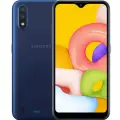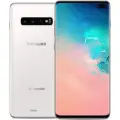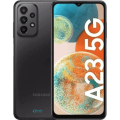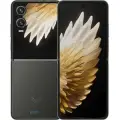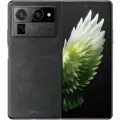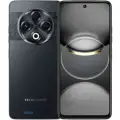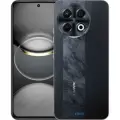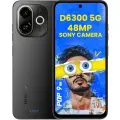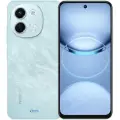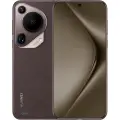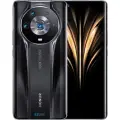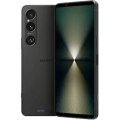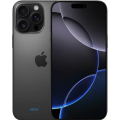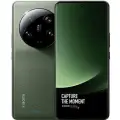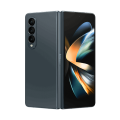Samsung Galaxy S9
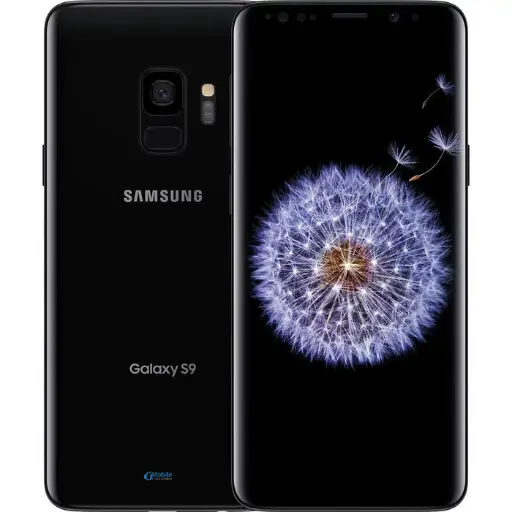


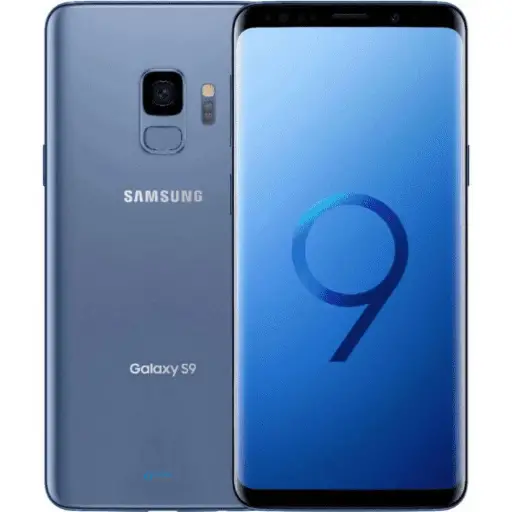
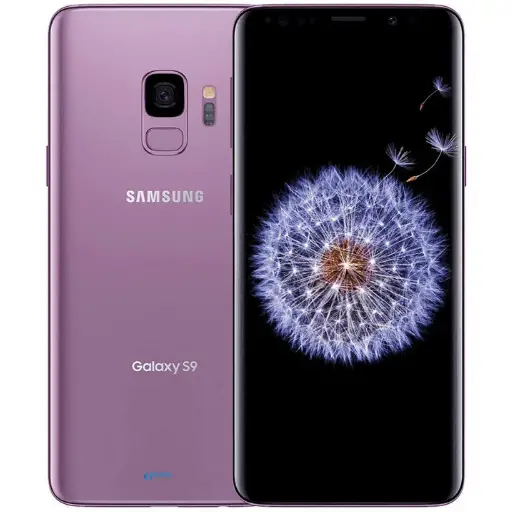
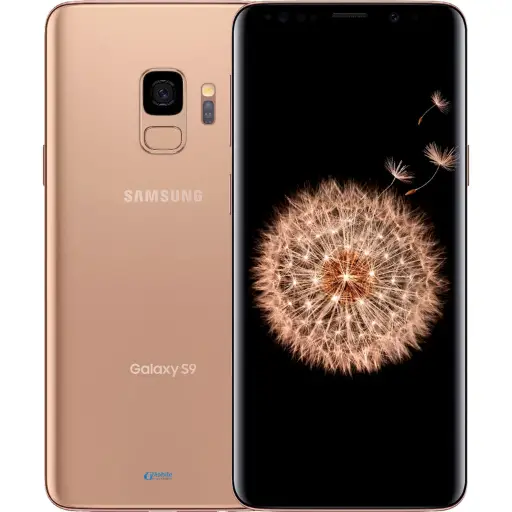
-
Released: 2018, March 09
-
OS: Android 8.0
-
Display: 5.8" 1440x2960 pixels
-
Camera: 12MP 2160p
-
RAM: 4GB RAM Exynos 9810 Octa
-
Battery: 3000mAh Li-Ion
Full Specifications and Price in Bangladesh
General Info
| Announced | 2018, February 25 |
| Status | Available |
| Brand | Samsung |
| Model | Samsung Galaxy S9 |
| Color | Midnight Black, Coral Blue, Titanium Gray, Lilac Purple, Burgundy Red, Sunrise Gold |
| Made by | Korea |
| Price | BDT. 90990 |
Network
| Technology | GSM / CDMA / HSPA / EVDO / LTE |
| 2G Bands |
GSM 850 / 900 / 1800 / 1900 - SIM 1 & SIM 2 (dual-SIM model only) CDMA 800 / 1900 - USA |
| 3G Bands |
HSDPA 850 / 900 / 1700(AWS) / 1900 / 2100 - Global, USA CDMA2000 1xEV-DO - USA |
| 4G Bands |
1, 2, 3, 4, 5, 7, 8, 12, 13, 17, 18, 19, 20, 25, 26, 28, 32, 38, 39, 40, 41, 66 - Global 1, 2, 3, 4, 5, 7, 8, 12, 13, 14, 17, 18, 19, 20, 25, 26, 28, 29, 30, 38, 39, 40, 41, 46, 66, 71 - USA |
| 5G Bands | N/A |
| Speed | HSPA 42.2/5.76 Mbps, LTE (6CA) Cat18 1200/200 Mbps |
| GPRS GPRS (General Packet Radio Service) is a packet oriented mobile data service on the 2G and 3G cellular communication system's global system for mobile communications (GSM), Generally, GPRS is used for the purpose of wireless data transfer, such as sharing pictures and videos or browsing the Internet via a mobile phone connection. | |
| EDGE EDGE (Enhanced Data GSM Environment) is a wireless network technology generally considered the next step in the 2G network offers data transfer rates up to four times faster than ordinary GSM networks, Generally, EDGE is used for the purpose of wireless data transfer, such as sharing pictures and videos or browsing the Internet via a mobile phone connection. |
Body
| Dimensions | 147.7 x 68.7 x 8.5 mm (5.81 x 2.70 x 0.33 in) |
| Weight | 163 g (5.75 oz) |
| Build | Glass front (Gorilla Glass 5), glass back (Gorilla Glass 5), aluminum frame |
| SIM SIM (Subscriber Identity Module) is a small card that contains mobile network subscriber's account information. This allows the phone using the card to attach to a mobile network. The SIM card is most commonly associated with GSM and UMTS mobile networks. Moving a SIM card from one phone to another allows a subscriber to switch mobile phones without having to contact their mobile network carrier. SIM cards can also be used by a phone to store limited amounts of data, such as phone numbers and text messages. | Single SIM (Nano-SIM) or Hybrid Dual SIM (Nano-SIM, dual stand-by) |
Display
| Type Design Type called form factor refers to a mobile phone's size, shape, and style as well as the layout and position of major components of phone. There are three major form factors seen in mobile phones => bar phones, folding phones and sliding phones. | Super AMOLED, HDR10 |
| Size | 5.8 inches, 84.8 cm2 (~83.6% screen-to-body ratio) |
| Resolution | 1440 x 2960 pixels, 18.5:9 ratio (~570 ppi density) |
| Refresh Rate | 60 Hz |
| Protection |
Corning Gorilla Glass 5 |
| Pixel Density Pixel Density (PPI) is refers to the concentration of pixels on a particular display, measured in pixels per inch (ppi). Pixel density is calculated by dividing the diagonal pixel resolution of a display by its diagonal size, higher pixel density better display quality. | 570 ppi density |
| Multitouch | |
| Features |
- SMS(threaded view), MMS, Email, Push Email, IM - XviD/MP4/H.265 player - MP3/WAV/eAAC+/Flac player - Photo/video editor - Document viewer |
Platform
| Operating System OS => Every computer system run on a base software called Operating System (OS). Operating System controls all basic operations of the computer (such as smartphone, PDAs, tablet computers and other handheld devices). The Operating System allows the user to install and run third party applications (apps), apps are used to add new functionality to the device. | Android 8.0 (Oreo), upgradable to Android 10, One UI 2.5 |
| Chipset Chipset is a group of integrated circuits designed to perform one or a more dedicated functions, often with real time computing constraints, Popular smartphones are equipped with more advanced embedded chipsets that can do many different tasks depending on their programming. | Exynos 9810 (10 nm) - EMEA Qualcomm SDM845 Snapdragon 845 (10 nm) - USA/LATAM, China |
| CPU CPU (Central Processing Unit) mostly known as processors, CPU processes instructions in order to carry out certain functions that make your device operate properly. Processors are often described as the brain of computers, smartphones and tablets, Smartphones and tablets rely on processors to carry out their every task, Processors are an incredibly important factor in selecting any type of computing device, including your smartphone. | Octa-core (4x2.7 GHz Mongoose M3 & 4x1.8 GHz Cortex-A55) - EMEA Octa-core (4x2.8 GHz Kryo 385 Gold & 4x1.7 GHz Kryo 385 Silver) - USA/LATAM, China |
| GPU GPU (Graphics Processing Unit) is a single-chip processor designed to rapidly manipulate and alter memory to accelerate the creation of images in a frame buffer intended for output to a display, This includes things such as lighting effects, object transformations, and 3D motion. | Mali-G72 MP18 - EMEA Adreno 630 - USA/LATAM, China |
Memory
| Card Slot Memory Card Slot is a special slot for inserting a memory card. Memory cards allow you to expand the phone's built-in memory, A memory card (sometimes called a flash memory card or a storage card) is a small storage medium used to store data such as text, pictures, audio, and video, for use on small, portable or remote computing devices such as mobile phones, mp3 players, digital cameras. | MicroSDXC (uses shared SIM slot) - dual SIM model only |
| RAM RAM (Random Access Memory) is a type of computer memory that can be accessed randomly, any byte of memory can be accessed without touching the preceding bytes that allows information to be stored and accessed quickly from random locations. RAM is the most common type of memory found in computer systems, smartphones, tablets and other electronic devices. | 4 GB |
| Internal Internal Storage is a data storage space (flash memory) mostly used in smartphones, tablets and other electronic devices where operating system, apps, music, photos, videos, files and other user data Is stored. | 64/128/256 GB UFS 2.1 |
Main Camera
| Camera Resolution |
12 MP, f/1.5-2.4, 26mm (wide), 1/2.55", 1.4µm, dual pixel PDAF, OIS |
| Camera Features |
LED flash, auto-HDR, panorama |
| Video Resolution | 4K@30/60fps, 1080p@30/60/240fps, 720p@960fps, HDR, stereo sound rec., gyro-EIS & OIS (30fps) |
Selfie Camera
| Camera Resolution |
8 MP, f/1.7, 25mm (wide), 1/3.6", 1.22µm, AF 2 MP (dedicated iris scanner camera) |
| Camera Features |
Dual video call, Auto-HDR |
| Video Resolution | 1440p@30fps |
Sound
| Alert Types | Vibration; MP3, WAV ringtones |
| Loudspeaker | Yes, with stereo speakers |
| Audio Jack |
Connectivity
| WLAN | Wi-Fi 802.11 a/b/g/n/ac, dual-band, Wi-Fi Direct, hotspot |
| Bluetooth Bluetooth is a wireless communications technology for exchanging data between mobile phones, headsets, computers and other network devices over short distances without wires, Bluetooth technology was primarily designed to support simple wireless networking of personal consumer devices. | 5.0, A2DP, LE, aptX |
| GPS GPS The Global Positioning System is a satellite-based radio navigation system, GPS permits users to determine their position, velocity and the time 24 hours a day, in all weather, anywhere in the world, In order to locate your position, your device or GPS receiver must have a clear view of the sky. | Yes, with A-GPS, GLONASS, BDS, GALILEO |
| NFC NFC (Near field communication) is a set of standards for smartphones and similar devices to establish peer-to-peer radio communications with each other by touching them together or bringing them into proximity, usually no more than a few inches. | |
| Infrared port | |
| FM Radio | |
| USB | 3.1, Type-C 1.0 reversible connector |
Features
| Sensors Sensors are electronic components that detects and responds to some type of input from the physical environment. The specific input could be light, heat, motion, moisture, pressure and location, The output is generally a signal that is converted to use in computing systems, a location sensor, such as a GPS receiver is able to detect current location of your electronic device. |
Iris scanner, fingerprint (rear-mounted), accelerometer, gyro, proximity, compass, barometer, heart rate, SpO2 |
| Messaging | SMS(threaded view), MMS, Email, Push Email, IM |
| Browser Web Browser => a web browser is a software application used to locate, retrieve and display content on the World Wide Web, including Web pages, images, video and other files, The primary function of a web browser is to render HTML, the code used to design or markup webpages. | HTML5 |
| Java |
Battery
| Battery Type Battery Type => Cell phones run on various kinds of batteries depending on the manufacturer, phone size or shape and features. There are basically four types of cell phone batteries => Lithium Polymer, Lithium Ion, Nickel Metal Hydride and Nickel Cadmium. | Non-removable Li-Ion |
| Battery Capacity Battery Capacity is a measure (typically in Amp-hr) of the charge stored by the battery, and is determined by the mass of active material contained in the battery. The battery capacity represents the maximum amount of energy that can be extracted from the battery under certain conditions. | 3000 mAh battery (11.55 Wh) |
| Charging Wireless Charging (Inductive Charging) uses an electromagnetic field to transfer energy between two objects. This is usually done with a charging station. Energy is sent through an inductive coupling to an electrical device, which can then use that energy to charge batteries or run the device. | 15W wired, QC2 |
| Fast Charging | |
| Wireless Charging |
Samsung Galaxy S9: Overview
The Samsung Galaxy S9 is a sleek and powerful flagship smartphone that still holds its years after its release. Powered by the Exynos 9810 (or Snapdragon 845 in some regions), the S9 offers smooth performance for multitasking, gaming, and media consumption. It features a 5.8-inch Quad HD+ Super AMOLED display, which delivers vibrant colours and deep blacks, ensuring an excellent visual experience.
The 12MP rear camera, with variable aperture, allows for stunning photos even in low-light conditions. The phone also includes IP68 water and dust resistance, wireless charging, and a 3000mAh battery that supports fast charging, making it a reliable and well-rounded device.
Price in Bangladesh: The Samsung Galaxy S9 is priced around BDT 90,990 to BDT 95,000, depending on availability and condition (since it’s an older model).
Pro and Cons
Pros:
- High-Quality Display: The 5.8-inch Quad HD+ Super AMOLED display provides sharp visuals, excellent colour accuracy, and deep contrasts.
- Excellent Camera Performance: The 12MP camera with variable aperture captures great photos, even in low-light conditions.
- Water and Dust Resistant: The S9 has an IP68 rating, making it resistant to water and dust.
- Powerful Performance: The Exynos 9810 (or Snapdragon 845) ensures smooth multitasking and gaming performance.
- Fast and Wireless Charging: Supports fast charging and wireless charging for added convenience.
Cons:
- Average Battery Life: The 3000mAh battery might last a partial day for heavy users, especially with intense tasks.
- No 5G Support: It supports only 4G LTE, which limits future-proofing.
- Single Rear Camera: While promising, the single 12MP camera setup feels dated compared to modern smartphones with multiple lenses.
- Still Expensive for an Older Model: Despite its capabilities, the S9 remains pricey for a phone that is several years old.
FAQs
- Does the Samsung Galaxy S9 support 5G? No, the Galaxy S9 supports 4G LTE but not 5G.
- What is the battery capacity of the Galaxy S9? It comes with a 3000mAh battery.
- Does the Galaxy S9 support wireless charging? Yes, it supports both fast wired and wireless charging.
- What is the camera setup on the Galaxy S9? The S9 has a single 12MP rear camera with variable aperture (f/1.5 – f/2.4).
- Does it have a fingerprint sensor? Yes, the phone has a rear-mounted fingerprint sensor.
- Is the storage expandable? Yes, the Galaxy S9 supports microSD card expansion up to 400GB.
- Is the Galaxy S9 waterproof? Yes, the phone is IP68 rated, making it water and dust-resistant.
Reason to Buy
The Samsung Galaxy S9 is still an excellent choice for users who want a premium smartphone with a stunning display, solid camera performance, and good all-around features. Its Quad HD+ Super AMOLED display remains one of the best in the market, providing vibrant visuals and immersive media experiences. The camera, though single-lens, performs exceptionally well, especially in low-light environments. With wireless charging, IP68 water resistance, and fast performance, the S9 offers a range of flagship features at a much lower price than current top-tier models. Though it lacks 5G and the advanced camera setups found in newer smartphones, the S9 is still a reliable and capable device for everyday use.
Videos
Disclaimer Note
We do not guarantee that the information of this page is 100% accurate and up to date.

